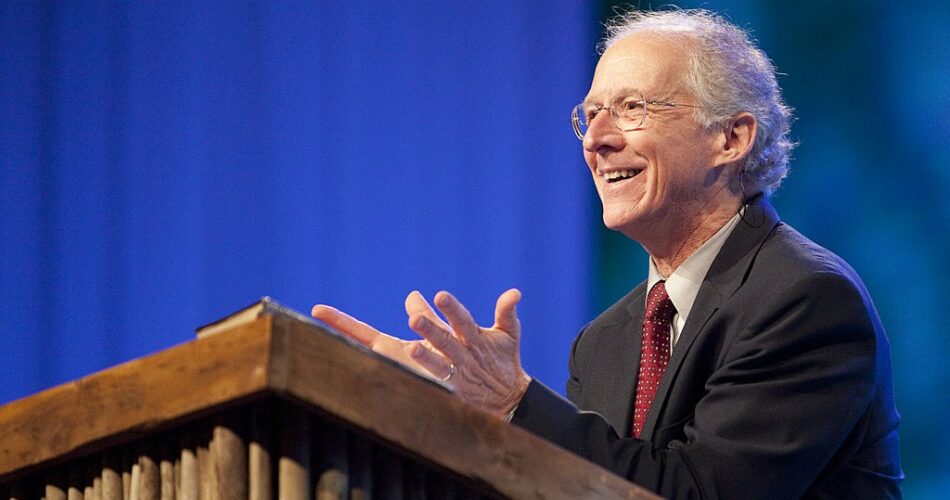His statements on certain couples is sending shockwaves.
Theologian and author John Piper recently weighed in on the topic of same-sex relationships, proposing excommunication over execution as the appropriate response within Christian communities. Piper’s comments were prompted by inquiries about Pope Francis’ decision to permit priests to bless same-sex couples, provided such blessings don’t imply endorsement of the relationships themselves. In contrast, Piper highlighted Burundi President Évariste Ndayishimiye’s call for the stoning of homosexuals, emphasizing that the New Testament steers Christians away from both extremes.
Piper, serving as chancellor at Bethlehem College and Seminary in Minneapolis, Minnesota, underscored that while the Old Testament prescribed capital punishment for certain offenses, the New Testament advocates for excommunication within the Church as a form of discipline for those engaging in spiritually harmful behaviors.
In addressing the Catholic Church’s policy on blessing same-sex couples, Piper cautioned against misinterpreting biblical commands to bless adversaries as justification for celebrating behaviors considered sinful. He expressed concern over Pope Francis’ departure from traditional Christian teachings on various matters, urging caution in endorsing such departures.
In December, the Vatican issued a declaration broadening the understanding of blessings, allowing for a wider application without requiring moral perfection from recipients. While the document did not explicitly endorse blessings for couples in irregular situations or same-sex unions, it emphasized the Church’s readiness to offer support and prayers for individuals seeking divine guidance.
Reactions to the declaration varied, with some applauding its inclusivity while others, including Catholic Archbishop Tomash Peta of Kazakhstan, criticized it for deviating from established doctrine. Peta warned against blessing unions deemed objectively sinful, arguing that such actions contradict longstanding Catholic teachings and constitute an abuse of religious rites.
